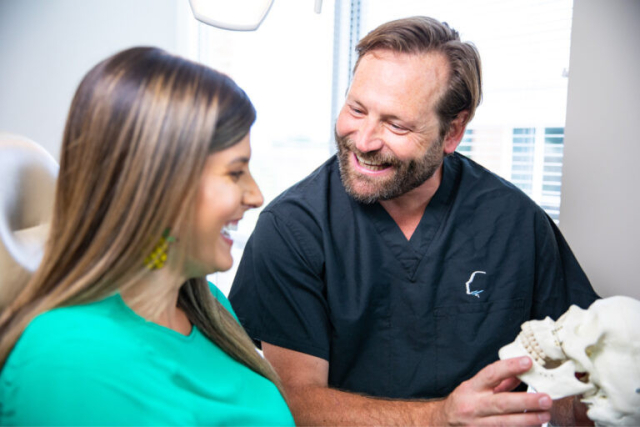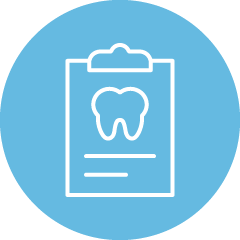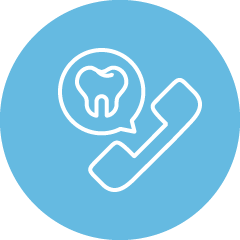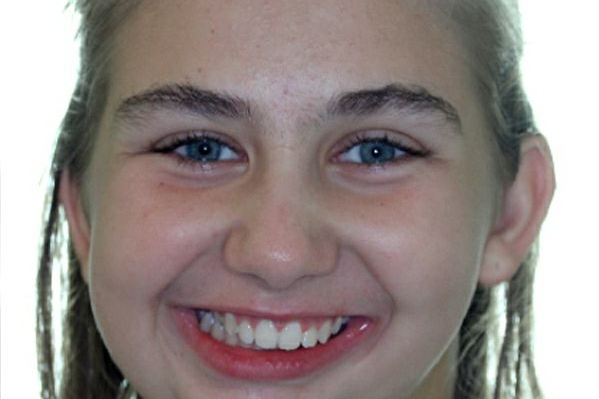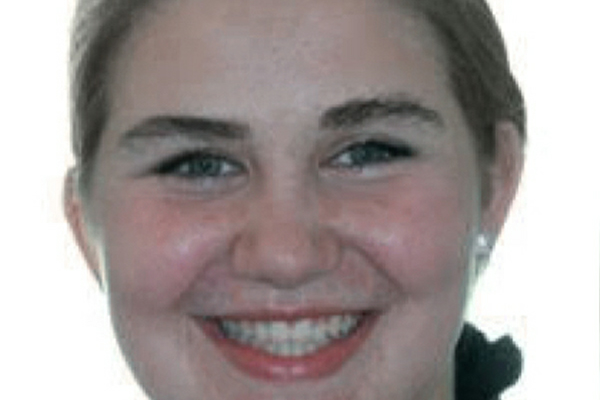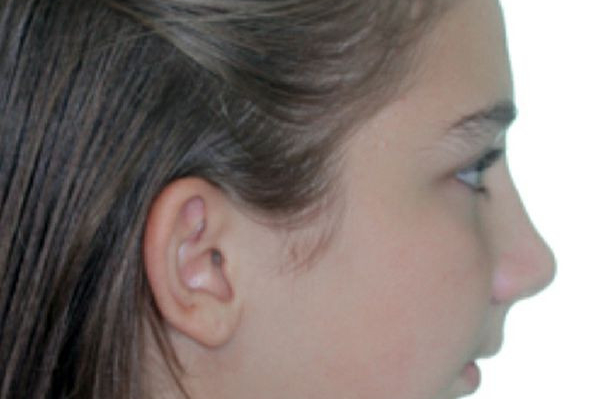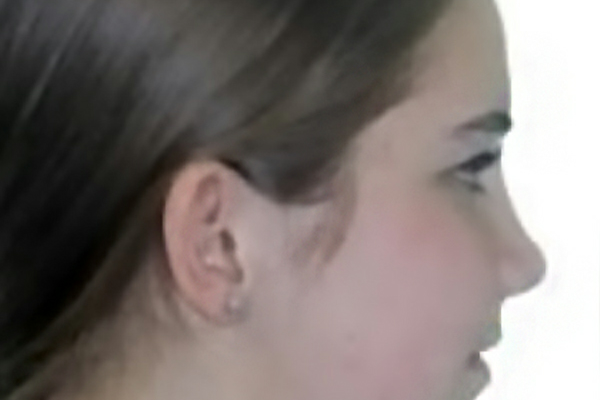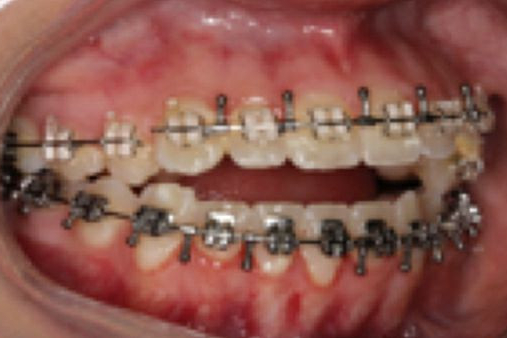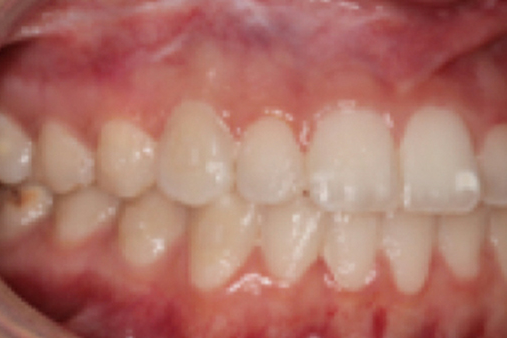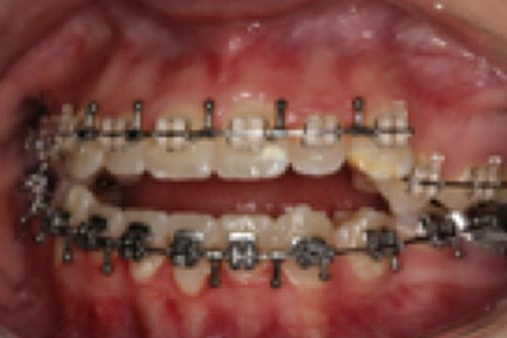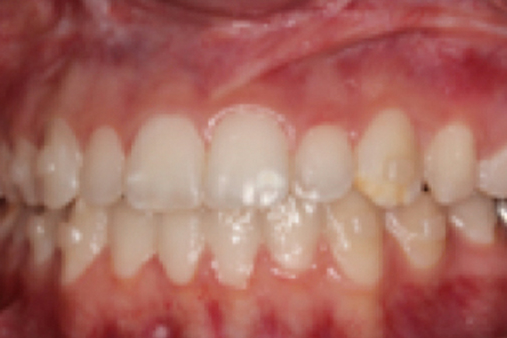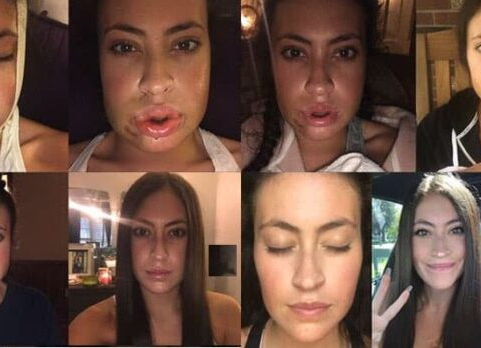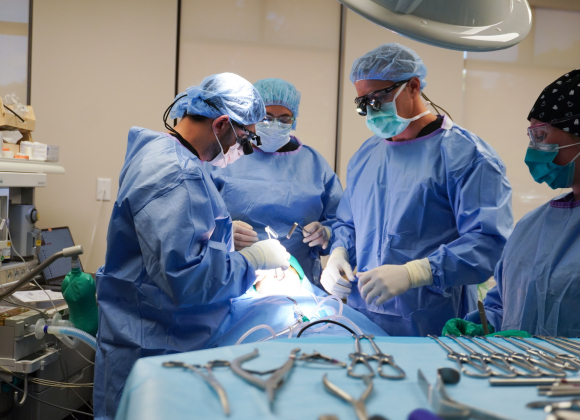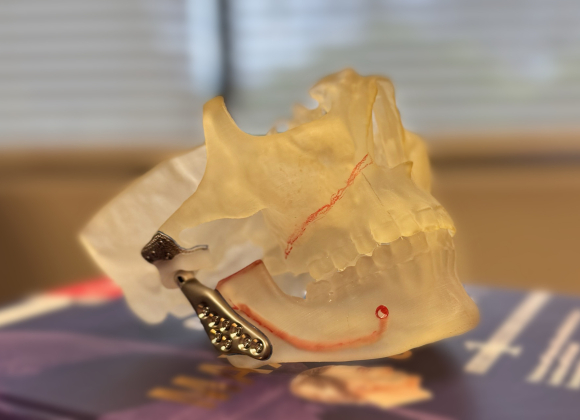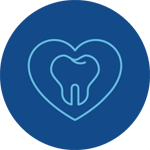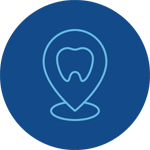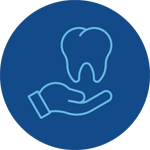
Transform Your Bite and Smile with Corrective Jaw Surgery
Our doctors have helped many people like you correct these issues with corrective jaw surgery, also known as orthognathic surgery. Find comfort and elevate your quality of life with this precise treatment.
There are many reasons to choose corrective jaw surgery at Carolinas Center for Oral & Facial Surgery. We can address common problems: malocclusion (underbite or overbite), crooked jaw, protruding jaw, open bite, and jaw asymmetry. These issues can cause a variety of problems, such as:
- Difficulty chewing, biting, or swallowing
- Breathing Issues
- Sleep apnea
- Chronic temporomandibular joint (TMJ) pain
- Headaches
- Facial dysfunction
- Excessive teeth wear
Any of these jaw issues can exist at birth or develop after birth as the result of genetics, environmental influences, or trauma to the face. No matter what causes your jaw problems, the Carolinas Center for Oral & Facial Surgery team can provide efficient, reliable, and predictable results.
Understanding Jaw Surgery with Our Expert Surgeons
Meet Our Specialists
Our skilled multidisciplinary team collaborates to provide comprehensive corrective jaw surgery solutions. Whether you require alignment for a minor issue or extensive treatment for a complete jaw reconstruction, we have the right approach tailored to your needs.
Your Path to a Healthy Bite: The Corrective Jaw Surgery Process
Corrective Jaw Surgery Blogs
13 Things I Wish I Knew Before Having Double Jaw Surgery
Tinsley is confident, happy, headache-free, and so comfortable in her own skin following her double jaw surgery. Hear about her orthognathic surgery journey and why she says she'd elect surgery a million times over again to feel this way.
The Facts Behind Corrective Jaw Surgery
Struggling with jaw pain, bite issues, or facial imbalance? Learn how corrective jaw surgery can improve not just your appearance, but also your ability to chew, speak, and breathe comfortably.

